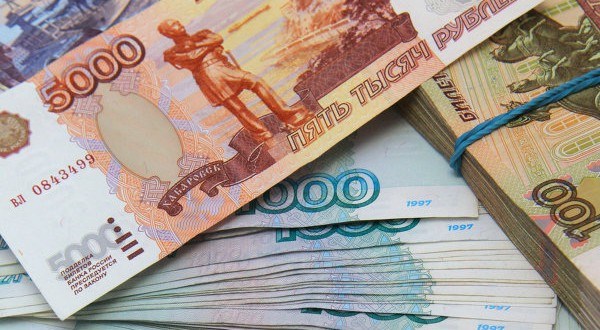Billionaire Rotenberg’s son expects to receive $340 million from Kremlin for tracking sanctioned cargo
The food embargo imposed by Russia that prohibits the import of vegetables, fruit, meat and dairy products from the West could become another source of income for Igor Rotenberg, son of the Russian oligarch Arkady Rotenberg who is worth an estimated $2.6 billion according to Forbes.
RBC news agency reported that the Center for Development of Digital Platforms (CDDP), a company affiliated with Rotenberg, could become the operator of a system for tracking the transit of sanctioned cargo through Russia, which was authorized by a presidential decree on 1 July this year.
CDDP belongs entirely to RT-Invest Transport Systems (RTITS), which has been the operator of the Platon system since 2015, receiving 10.6 billion rubles (around $166 million) from the government every year. RTITS, in turn, is owned by Igor Rotenberg and the state corporation Rostec.
CDDP is expecting to receive the equivalent of $340 million from the government to develop a system for monitoring the transit of sanctioned cargo. This amount was proposed in a concession agreement between the company and the government drafted by the Ministry of Transport.
The cargo will be monitored in real-time using so-called navigation seals placed on the cargo sections of the transport vehicles. The seals are essentially onboard computers with a broad range of functions.
The seals will use the Global Navigation Satellite System (GLONASS), Russia’s alternative to GPS. If the integrity of the seals is breached, the system will be notified immediately.
The systems have been tested for a year, said a Transport Ministry spokesperson: “It has been finalized on this basis, and by 1 July 2019, in accordance with the president’s decree, it was completely ready to be launched at 30 planned state border checkpoints – 20 vehicle and 10 railway.” Cooperation with Russia’s Federal Customs Service (FTS) has also been finalized, the necessary reserves of seals have been established, and staff from the FTS, the Federal Transport Supervision Service and Russian Railways have been trained to operate the system, he added.
RTITS will not be paid for the transit – all of that money will go to the federal budget. Out of the funds that the government allocates to its subsidiary, RTITS expects around $31 million to cover investment expenses and at least $313 million as compensation for operational costs.
